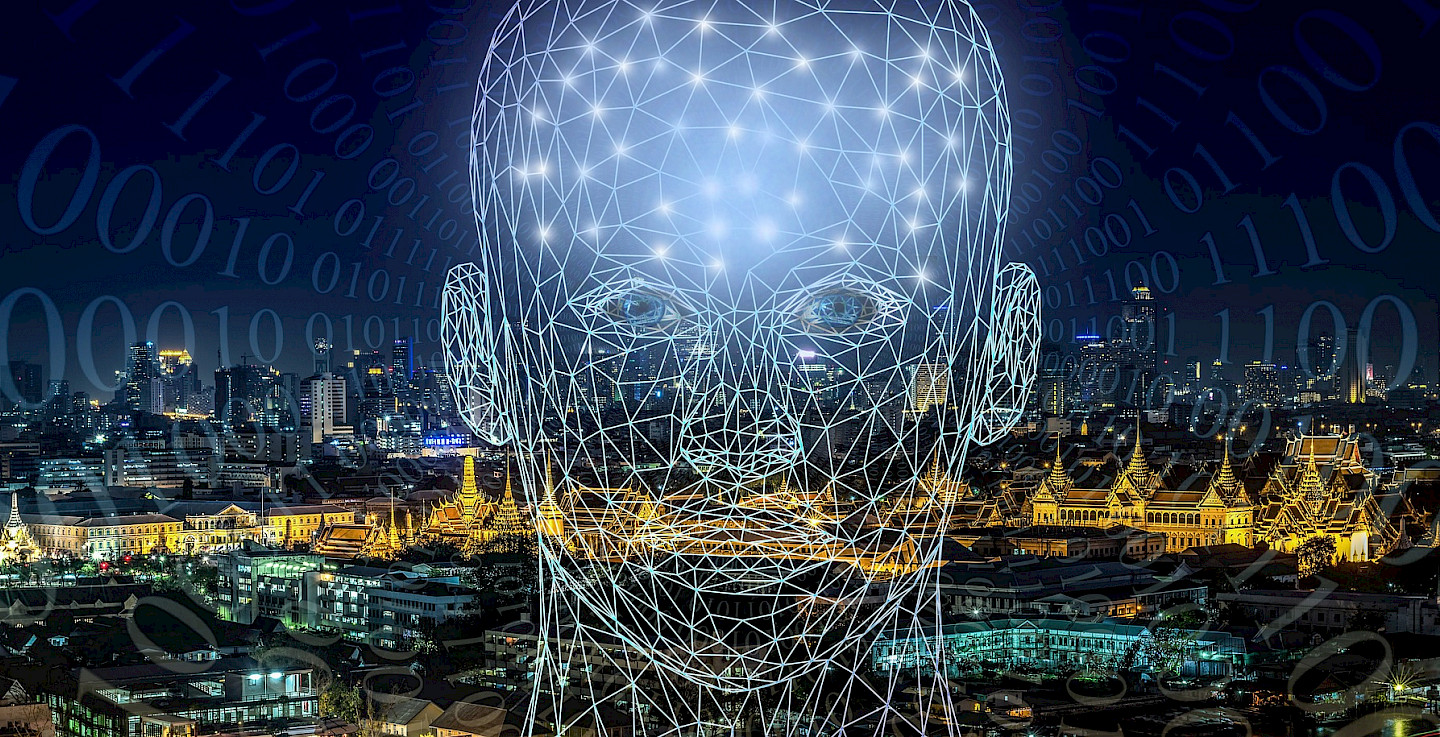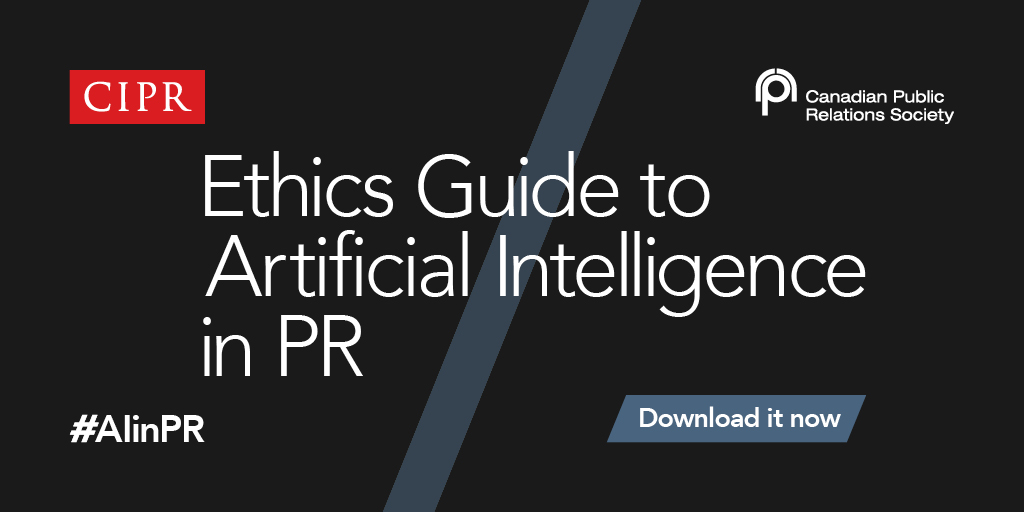It is always about ethics - even more with AI
Julkaistu

-
Principal Valin Strategic Communications.
As corporations are becoming more digital, data-driven and agile in response to stakeholder expectations and the corona virus pandemic, more focus is being placed on Artificial Intelligence (AI) and its role in organisational systems, ways of working and decision-making.
In the world of communication, sophisticated technology, from content management and campaign automation systems to collaboration platforms and data analytics are becoming more common. This has implications for the way professional communication teams are being structured, our roles and competency sets. A truly agile culture is required of us as communicators too.
Disturbingly, as a profession, communication is behind others. Indeed, the Chartered Institute of Public Relations (CIPR) in the UK have said that as a profession “we are sleepwalking into AI”.
However, before beginning to play with all the new, shiny automation and AI tools that are available to us, it is worth pausing to consider that AI is fraught with big ethical challenges which we need to understand and confront.
Two of ProCom’s good friends, the UK’s Chartered Institute of Public Relations (CIPR) and the Canadian Public Relations Society (CPRS) have joined forces to prepare an Ethics Guide to Artificial Intelligence in PR >>
As the authors of this guide we believe that people in our profession are trusted advisors not only on communication, but about the purpose and values of our organisations. As they transform and embed AI, there is a huge opportunity for us. Ethical and reputational guardianship should be at the heart of how organisations approach and implement AI and that is our business.
Getting ethics right, doing the right thing is hard enough in normal life. Adding in AI and machine learning generates a recipe for decision-making fraught with perils. One that requires the mind, human minds, to focus on ethics at every turn of activity because every mistake will be perpetuated and amplified in the big data, algorithmic universe.
Trust in AI is paramount and poorly designed and executed AI solutions will ruin reputations. To gain trust we must ensure transparency and inclusiveness in governance, design, testing and deployment and be aware of issues for staff, of bias, diversity and privacy throughout the process. Communication professionals need to be involved in all stages of development and to do so we must learn about AI and its ethical dilemmas.
To gain trust we must ensure transparency and inclusiveness in governance, design, testing and deployment and be aware of issues for staff, of bias, diversity and privacy throughout the process. Communication professionals need to be involved in all stages of development and to do so we must learn about AI and its ethical dilemmas.
The Ethics Guide to Artificial Intelligence in PR sets a framework for arriving at ethical decisions with a five-step process. Learning about AI, defining the PR and AI pitfalls, identifying ethical issues and PR principles, using a decision-making framework and deciding ethically. To help with identifying ethical challenges in AI, the data ethics canvas from the Open Data Institute has been utilised and the sixteen public relations ethical principles come from the Global Alliance’s1 code.
We have identified six macro issues currently defining the AI environment and which have to be considered by us and all senior managers as they consider automation and AI:
- the social change that AI will bring;
- changes in the nature of everyone’s work and our responsibilities;
- AI having the potential to redistribute power or concentrate it in the hands of those with the resources;
- the governance of algorithms to avoid selectivity and discrimination and to build in transparency to the way they make decisions;
- privacy control and transparency on issues such as storage, how data is aggregated, shared and commercialised; and
- bias which is inbuilt in automation and AI systems.
Apart from looking at these big issues, the Guide also gives practical help on picking a way through use of individual AI enabled tools. Two examples of AI tools illustrate the decision-making process in action, one around using LinkedIn Insight tagging and the other on use of facial recognition. Read the Guide to find out the answer! And yes, it’s complicated and proves that a good maxim to remember in professional life and even more so with AI is that just because something can be done doesn't mean it should be done. Indeed, the essence of all ethical decisions is making thoughtful choices which limit actions, but also permits them. The test of a well-reflected ethical decision is one that has survived scrutiny and challenge in thought, intent and execution.
The ethics guide is the latest guidance from the Chartered Institute of Public Relations AI in PR panel. The panel has produced four primers, a directory of automation and AI tools for PR and issued two major research reports: ‘Humans Still Needed’, published in 2018 looks at the impact of AI tools on the skill set of public relations, finding that currently only 12% of skills or tasks have been assisted or replaced by AI with a potential to reach 38% by 2023. ‘The effects of AI on the professions’ was published in January 2020 and draws out how vulnerable all professionals are to automation and AI, with communication being behind other professions in preparing. It also provides a way forward for the profession. For access to the panels work see: https://www.cipr.co.uk/CIPR/Our_work/Policy/CIPR_Artificial_Intelligence_in_PR_panel.aspx.
Download Ethics Guide to AI in PR:
Asiasanat
Kirjoittajat
-
Lue lisää kirjoittajalta
Jean Valin
Principal Valin Strategic Communications. Jean Valin is a trusted senior advisor in public relations, an author, editor and mentor.

 Haku
Haku 









